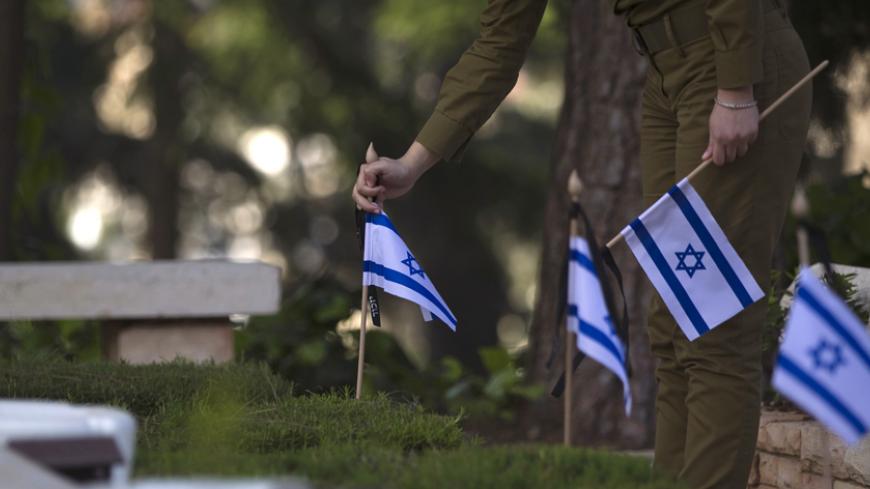The following scene is engraved in the minds of many Israelis: Last summer, a few days after the conclusion of the Protective Edge campaign, Paratrooper Brigade Cmdr. Col. Eliezer Toledano paid a visit to the neurosurgery ward of Rabin Medical Center in Petah Tikva. There, surrounding the bed of an unconscious young officer, huddled his large family as they waited for the brigade commander. These were the parents, wife, siblings and children of 29-year-old Maj. Hagai Ben-Ari, who had been critically wounded in a campaign battle and in a coma since.
A short time before the conflict had erupted in Gaza, Ben-Ari was called to Toledano’s office. At the end of his interview, the outstanding paratrooper was given good news: He would soon be appointed commander of the elite and celebrated Paratroopers Unit. Reconnaissance commander is a prestigious, highly coveted position once held by former Chiefs of Staff Moshe "Bogie" Ya’alon, Shaul Mofaz and Moshe Levi as well as by Deputy Chief of Staff Matan Vilnai and others. Ben-Ari then went on a short vacation to Eilat with his family, and was supposed to receive official command of the Reconnaissance Unit upon his return.



